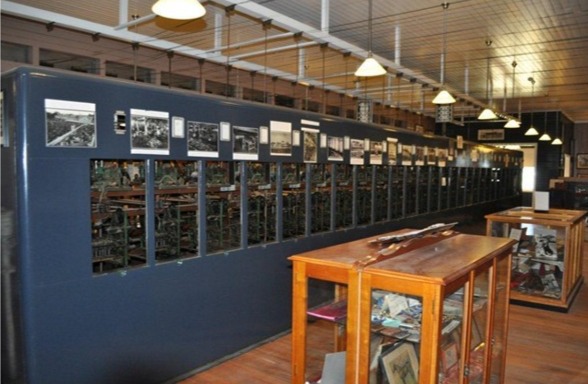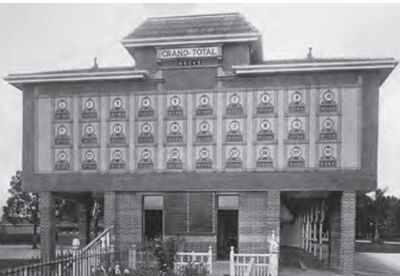Julius Totalisator
George Julius (later Sir George Julius) invented the world’s first automatic totalisator in Australia in 1913.
His original invention, a purely mechanical machine was installed in Ellerslie, Auckland, New Zealand in 1913. The second was installed in Gloucester Park, Perth in 1916, and the third in Eagle Farm, Brisbane in 1917.
Julius founded the Australian company, Automatic Totalisator Ltd in 1917 to develop and export these totalisators.
The present Eagle Farm Electromechanical Julius Tote, a descendant of the original invention, was installed in 1948. By 1970, with few exceptions, every major racing centre in the world, in 29 countries, used totalisators manufactured by this Australian company. The Julius Totalisator is an electromechanical machine which allows the simultaneous receiving of myriad numbers of win and place bets from multiple points on the racecourse, records the bets, displays win and place odds for each runner as betting proceeds and issues a ticket for each bet.
Engineering Heritage Recognition Program
| Marker Type | Engineering Heritage International Marker (EHIM) |
| Award Date | 26 October 2015 |
| Heritage Significance | |
| Nomination Document | Available here. |
| Ceremony Booklet Ceremony Report |
Available here. |
| Plaque/Interpretation Panel Image | Available here. |

